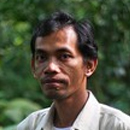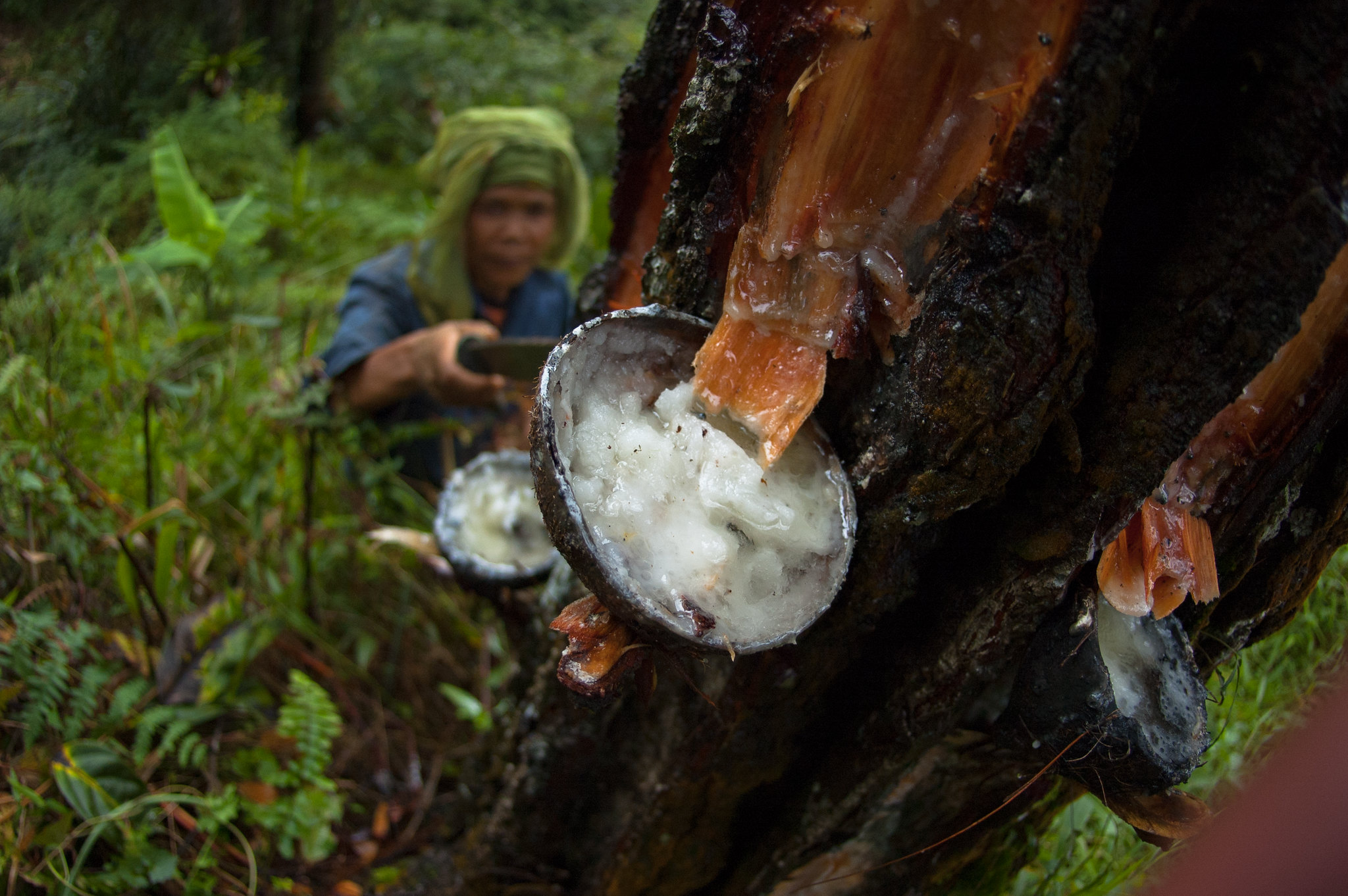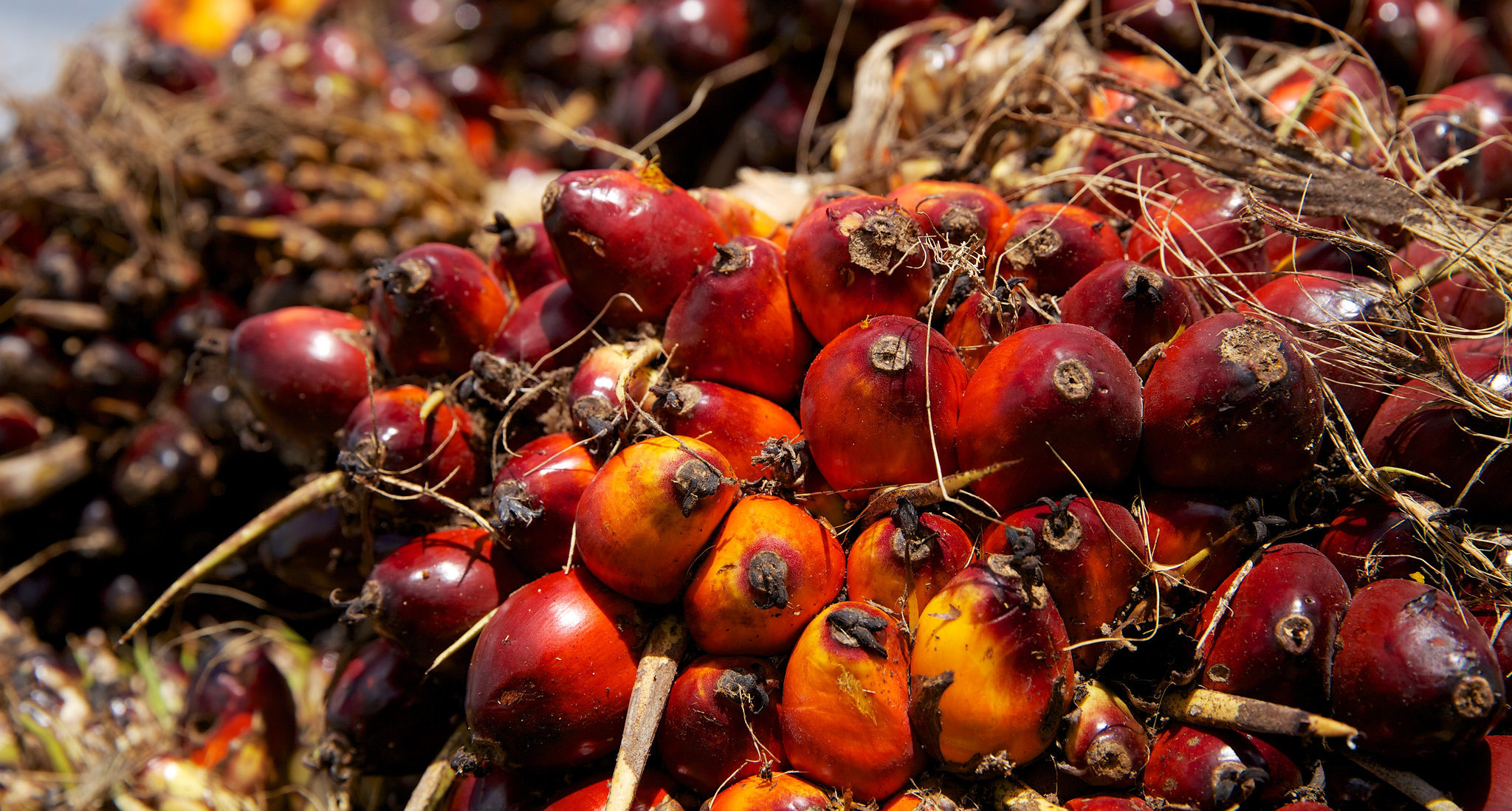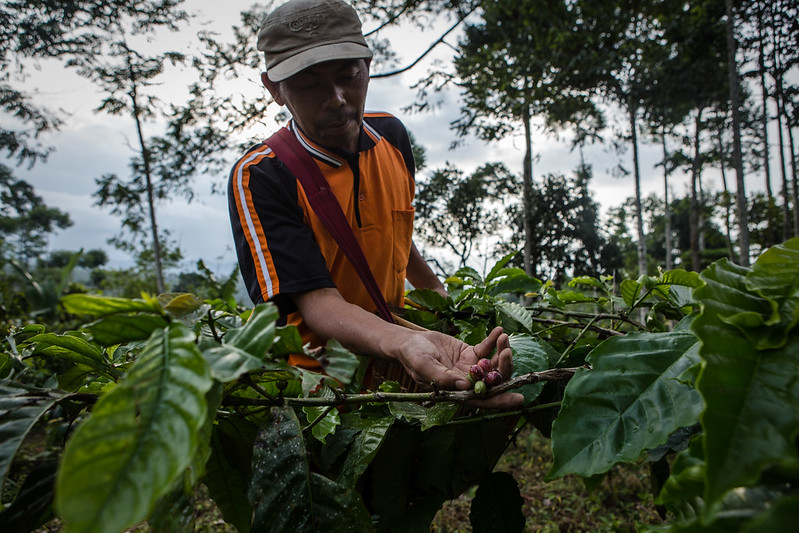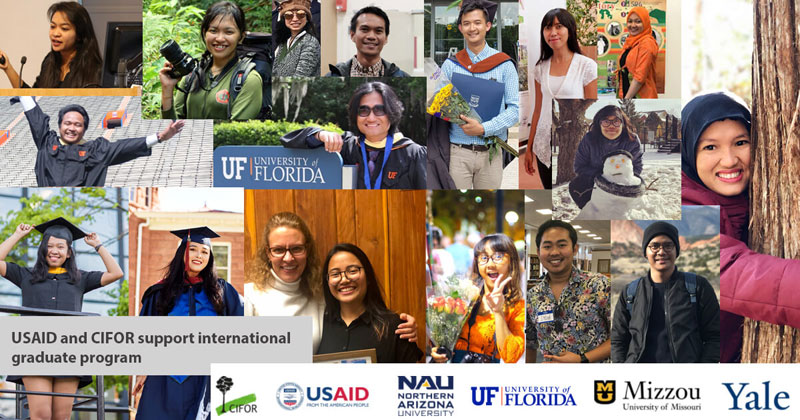Description
Oil palm is an important crop in Indonesia. It haseconomic importance for the country and many people. However, the environmental impact is often wrrying and not everyone benefits equally from plantation development. Initiatives to increase sustainability of the oil palm value chain have started in both public and private sector. The government is focusing on ISPO as a national mechanism, while provincial governments are making their own commitments. Private sector has also made significant zero deforestation commitments, while RSPO is the oil palm industry's sustainability mechanism.
In this project, CIFOR is assessing the outcomes of these public and private actions within four interdependent policy arenas - biodiversity conservation, reduced greenhouse gas emissions, sustainable supply chains and land use governance. We assess the performance of on-the-ground processes within three implementation domains - effective hybrid governance arrangements, environmental sustainability in oil palm landscapes, and socially inclusive business models. Based on finding in these three domains, the project examines the outcomes of different scenarios for managing social and environmental trade-offs at the landscape level.
This project generates knowledge on options and pathways for better policies on biodiversity conservation and low carbon development in oil palm dominated landscapes of West and Central Kalimantan.



















